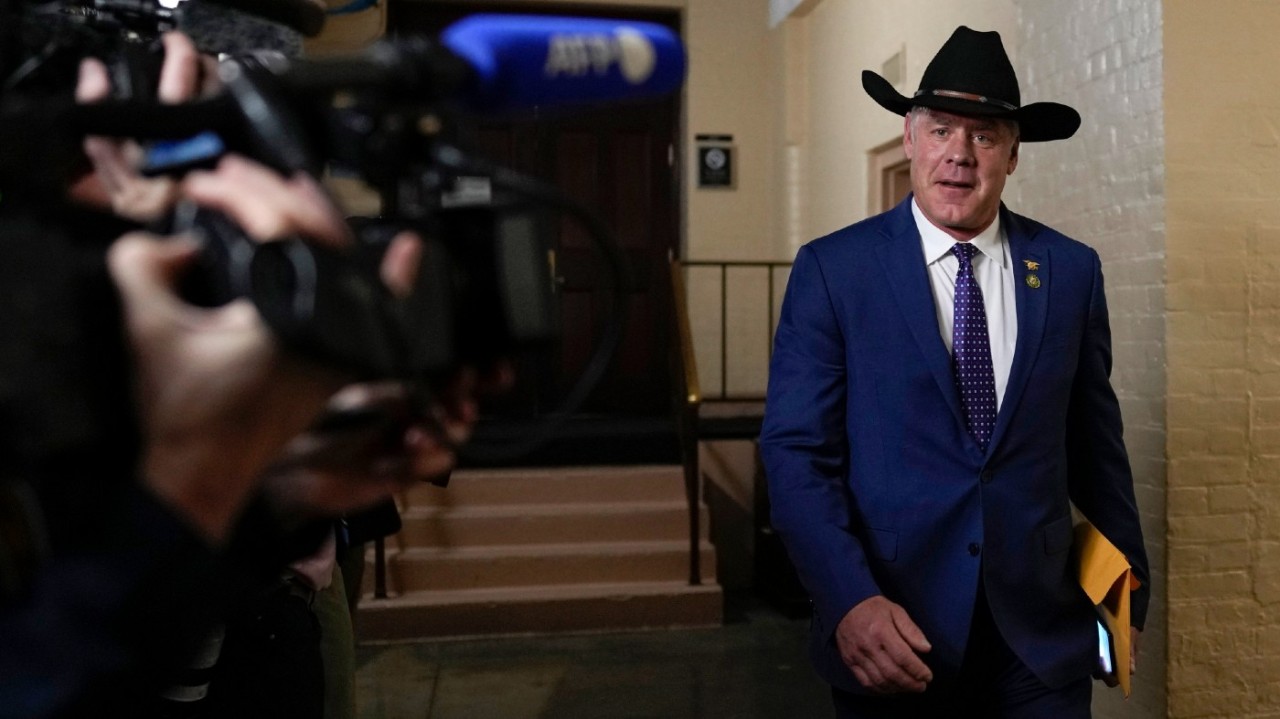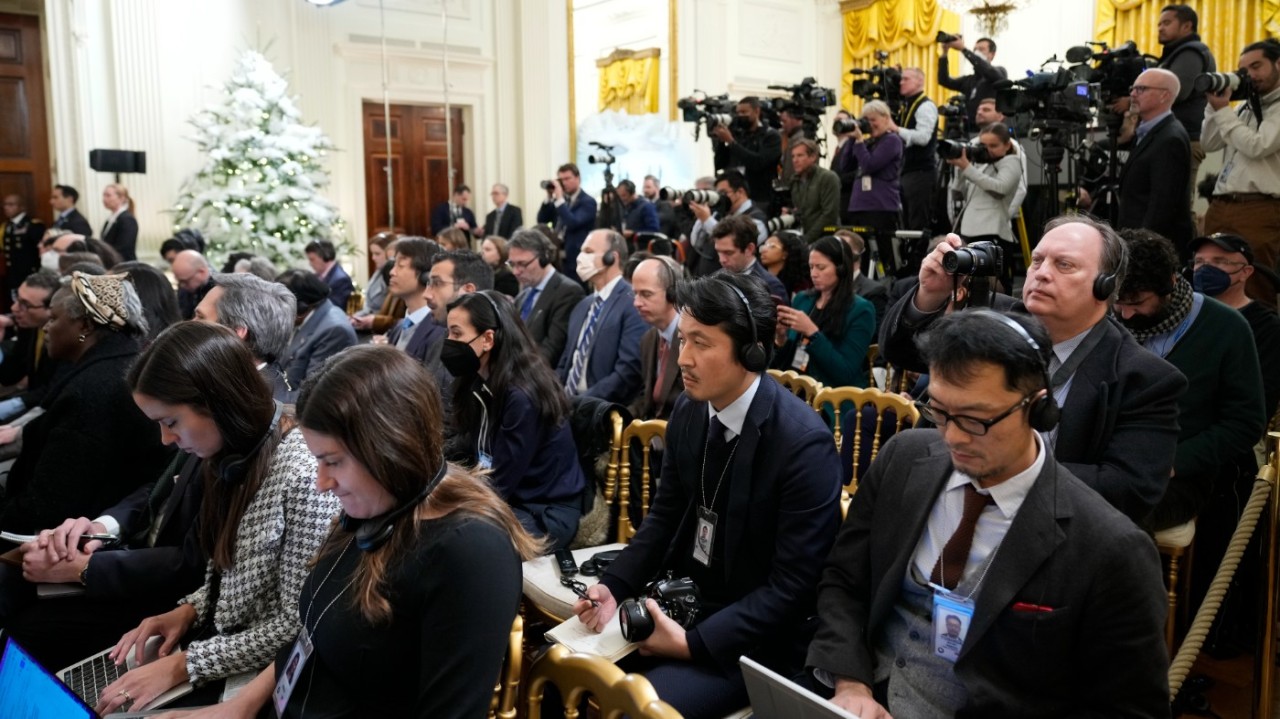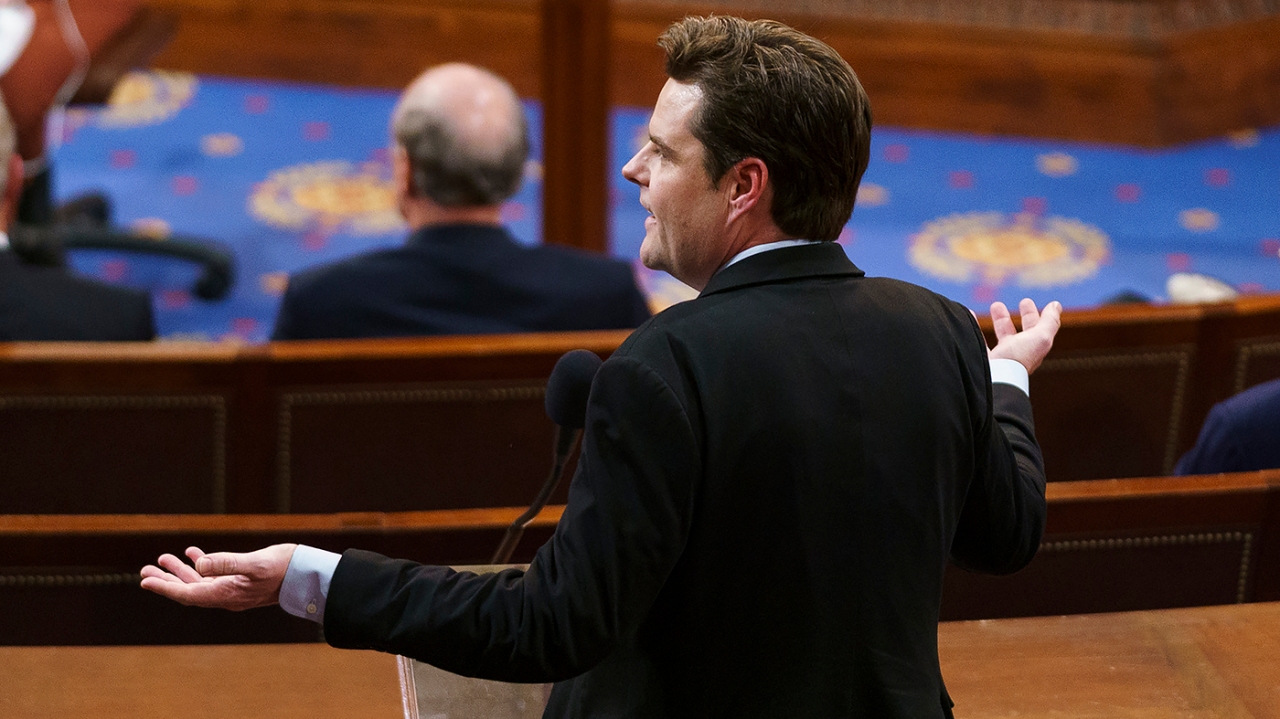Mired in scandal and gossip, the British still seem to love their royal family. Not even the black sheep princes of the realm can stop pollsters from discovering that a majority believe the monarchy is fine even if it’s sopping up more than $100 million a year in taxpayers’ money, though attitudes toward the monarchy are changing.
The return on the investment would appear enormous, in terms of great publicity for Britain, guaranteeing royal warrants or seals of approval on products and inspiring simple patriotism, as seen in adoring articles and mentions in newspapers and magazines. The late Queen Elizabeth II will go down in history as a beloved, unifying figure regardless of the ups and downs, dramas and traumas afflicting the daily lives of the “commoners” over whom she “ruled.”
Of course, the monarch, now QEII’s son, King Charles III, doesn’t actually rule anything, including his own family. Real power has long since passed to the bureaucracy, the elected parliament and prime minister, who must bow ceremoniously before the monarch after rising to temporal power. If the monarch holds such symbolic or spiritual influence, though, why does everyone love to pillory the royals when they’re discovered to be mere mortals?
TV viewers will salivate on Sunday over the outpourings of Prince Harry when he talks to Anderson Cooper on CBS and to Britain’s ITV about all the hardships and indignities to which he and his American wife, Meghan Markle, were subjected before fleeing for the sanctuary of southern California. Now he’s pleading, “I would like to get my father back” — that is, King Charles, who rose to the throne after the Queen’s death in September. Harry also would “like to have my brother back” — that is, big brother William, who’s now the Prince of Wales and immediate heir to the throne.
The trials and tribulations of Harry and Meghan win top headlines in the British newspapers but, of course, have nothing to do with the country’s real problems: inflation, strikes, overcrowded hospitals. The royals are a distraction, a form of entertainment, a quick read before moving on. Maybe the entertainment value in a weird way justifies the existence of a royal family. Or maybe it’s evidence of a society or a nation in decline. We’ll have to await the judgment of history.
It’s hard, though, to feel sorry for Prince Harry, poor guy, and Meghan Markle. They’re getting multi-millions for the first of four books, but King Charles is mad at him and father and son are not talking. Pretty soon he and Meghan, who still hold the titles of Duke and Duchess of Sussex, a historic county in the British southeast, may be fired. That is, they will lose their titles, which are meaningless since they have no say, nor any discernible interest, in what’s going on in Sussex.
In Britain, it’s all about history. Two days before New Year’s Eve, I attended an elaborate service at Canterbury Cathedral marking the “martyrdom” of St. Thomas Becket, the archbishop who was assassinated there in the 12th century. In those days, the king really ruled his kingdom and may have been responsible for Becket’s assassination in a quarrel over power.
The current archbishop, Justin Welby, will preside over the coronation of King Charles in May, but that does not mean there’s no conflict between church and the state. Welby has been critical of the conservative government of Prime Minister Rishi Sunak for what he sees as the government’s heartless policy toward those seeking asylum, including illegal immigrants navigating across the English Channel from France in small boats who sometimes do not make it.
After the evensong service for St. Thomas, Welby was standing outside the door, holding a shepherd’s staff. We talked about ancient, not current, politics — the rift between church and state all those centuries ago. “We’re honoring a man for being assassinated by the king,” he reminded me. Regaling me with bits of history that I had long since forgotten, he asked if I had ever read T.S. Eliot’s classic, “Murder in the Cathedral,” about the assassination. “Maybe decades ago,” I replied, to which he advised, “Read it again.”
As the martyrdom of Thomas resonates through history, you can’t help but wonder how much the kingdom of North Korea, under the heavy thumb of Kim Jong Un, resembles the ancient English monarchy. Kim did arrange the assassinations of his perceived rivals and threats to power, his uncle-in-law and then his older half-brother, and he also reportedly has ordered the murders of many others who are guilty of daring to question his edicts, or for perhaps looking the wrong way or worshiping another god, or just being a relative or servant of the wrong person.
Those days are over in Britain, but the memory lingers on in ancient streets and names and districts steeped in history. No wonder the Brits love to make fun of the weaknesses and foibles of a monarchy that’s beloved and scorned. What could be better than the story of a brother of the king, Prince Andrew, getting into deep trouble for his relationship with the late Jeffrey Epstein, purveyor of underaged women to a galaxy of the sometimes rich and famous?
Andrew, like Harry, is definitely on the wrong side of his big brother, the king. He, like Harry, may lose his dukedom — in his case, the title of Duke of York. It may not matter, of course, that Prince Andrew has no more power over York than does William over Wales or Harry over Sussex. These days, the monarchy is all pomp and circumstance, show and tell.
It may be to polish the image of a monarchy in decline that Charles is asking for a somewhat subdued coronation — less than the grand spectacle when Queen Elizabeth II was crowned in Westminster Abbey in 1953. Charles, then 3 years old, automatically became heir to the throne and played the role for nearly 70 years before the job was his.
If he gets the chance, Archbishop Welby of Canterbury, when he crowns Charles as king, might remind him of the martyrdom of Thomas as a lesson for a king whose power extends to his ability to strip a brother and son of their titles but not their lives.
Donald Kirk has been a journalist for more than 60 years, focusing much of his career on conflict in Asia and the Middle East, including as a correspondent for the Washington Star and Chicago Tribune. He currently is a freelance correspondent covering North and South Korea. He is the author of several books about Asian affairs.










